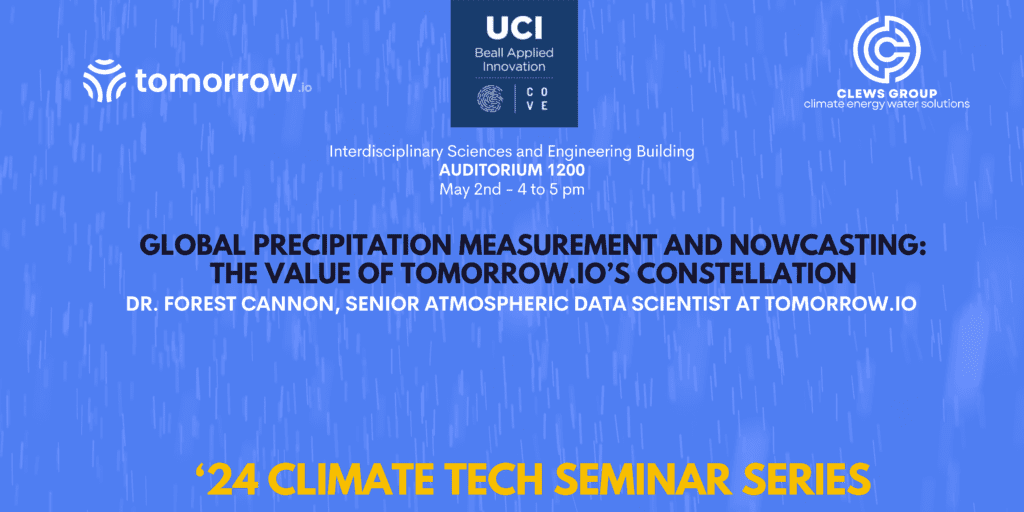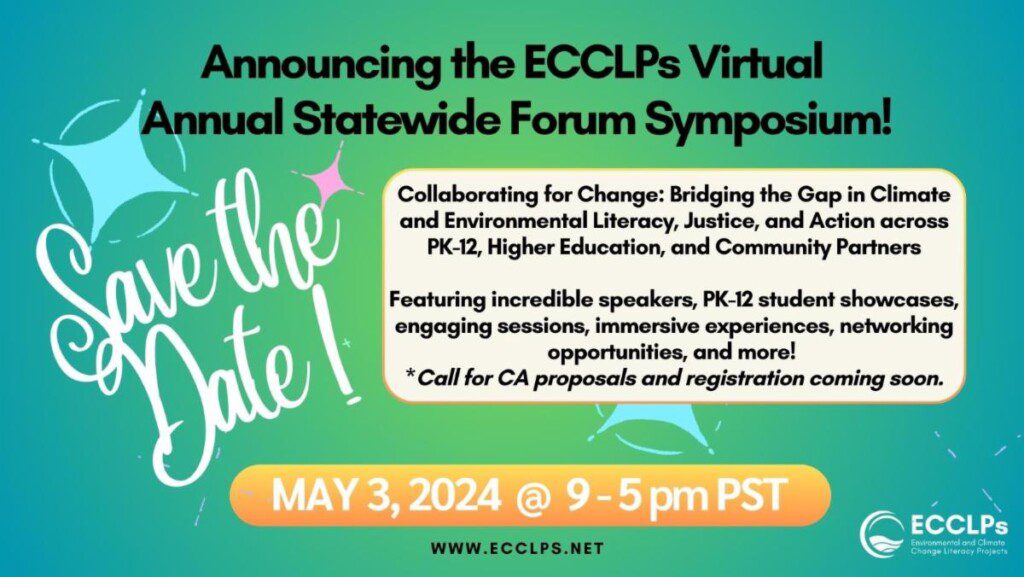Most of the effort to control climate change is, correctly, focused on energy policy, because of the huge amount of carbon dioxide potentially emitted by fossil fuels over the next few centuries. In this talk we discuss the additional and complicated role of land use on climate change. In the short and medium-term, fossil fuel and land use contribute to climate change through emissions of greenhouse gases, such as carbon dioxide, methane and nitrous oxide. In addition both energy production and land use and land cover change cause emissions of aerosols, which cool the planet. Changing land from forests to croplands or grasslands can cool the planet, because a change in the albedo. In the longer term, only emissions of carbon dioxide will matter. On longer time scales, land use and land cover change that occurs today reduces the future natural sinks of anthropogenic carbon in forests. Including these effects indicates that on short to longtime scales, per ton of carbon emitted, land use contributes 2x as much warming as energy production. Thus, although energy policy should remain the emphasis in negotiations, land use policies can play an important role in reducing climate change forcing.
A reception will be held in the Calit2 Atrium immediately following the event.
The Carelyn Y. and William S. Reeburgh Endowed Earth System Science Lecture Series is made possible thanks to a generous donation from UCI Professor Emeritus William Reeburgh and his wife Carelyn. Dr. Reeburgh is a founding member of the Department of Earth System Science and was instrumental in establishing the Earth System Science doctoral program.





